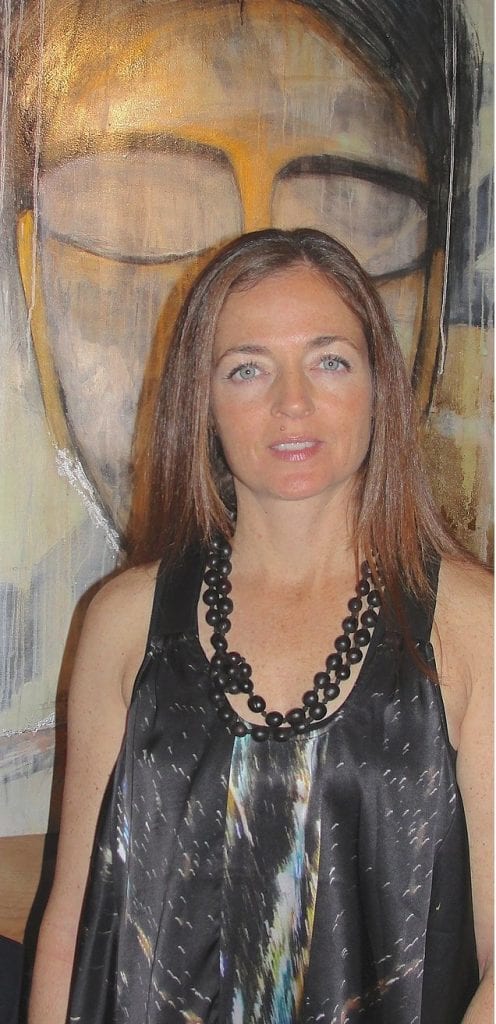Ryan Reed 
Ryan Reed graduated from Southern Methodist University and is the co-founder of Visual Voice Media. Visual Voice Media is a video production company that both Ryan and Michael Gonzales started. They do just about anything: commercial work, live events, and weddings. Their goal is to go into doing short films and more creative roles.
Did you have a business plan when you started your business?
Ryan and Michael had a business plan but it was very basic when they started. As their company has evolved their business plan has become clearer. Ryan explains one thing that hasn’t changed from the start of the company, is their main goal of becoming an established video production company in Dallas. They have started to really grow in the last couple of months and now they are altering their business plan as needed to continue their growth and success.
Do you think business plans are necessary for entrepreneurship?
Ryan believes it is definitely necessary to have a business plan. It helps to determine the direction you need to go. It is something you don’t always think about; especially with the mentality that it is just a small company and you are going to do whatever makes you money. He says you can’t rely on that. You have to have a set plan so that your business will thrive.
What three pieces of advice can you offer developing arts entrepreneurs?
Ryan’s first piece of advice is to know that it’s not going to be easy and you have to be willing to put the work in in order to have things work the way you want them to. He says, you can’t just sit at home and expect someone to call you up to shoot their video. You have to go out and find people yourself. Once you get past that step it’s all about maintaining those relationships. You can’t be late for deadlines if you do you may lose a client and that’s all of your money for the month. He concluded with saying overall you have to love what you are doing, work hard, and don’t mess up.
Lori Sperier
Lori Sperier is an artist from Covington, LA. She does commission work as well as shows her artwork in galleries and high-end interior design stores. She paints on canvases with acrylic paint, incorporating other mediums such as charcoal, pencil, and gold leaf.
Did you have a business plan when you started your business?
She didn’t have a business plan when she started. She has been so busy that she has not gotten that far but says she has been researching how to be more proactive in getting new clients. When she originally started she was just painting because she enjoyed doing it, but now it has become a business. Now that her business has taken off, she plans to create a business plan in the next couple of years.
Do you think business plans are necessary for entrepreneurship?
Although Lori did not have a business plan when she started, she thinks business plans are necessary. She believes business plans are important in growing her business and expanding clientele.
What three pieces of advice can you offer developing arts entrepreneurs?
Lori’s first piece of advice is that if you put the time in, and you have the passion and talent for it, you will get better at what you are doing. She also stressed the importance of having your own style so that people recognise your work as an artist. Lastly, she said not everyone will love your work and so you have to have thick skin. Some pieces she loves other people might not like as much. However, pieces that aren’t one of her favourites, other people may love. She says, if someone says something bad about you don’t quit what you are doing. Instead, put time into your craft and keep working and your name will get
bigger and bigger. Once you start to get bigger, people will start to know you as an accomplished artist.
Dan Jones 
Dan Jones is a videographer and creative director at Lumehouse Studios, and has also started up his own company, DJones Wedding Films located in Baton Rouge, Louisiana. DJones Wedding Films is a wedding videography company creating a more elevated version of a wedd
ing video. His videos pay more attention to lighting, composition, and story.
Did you have a business plan when you started?
Dan did not have a business plan outlined but had a rough idea of strategy. Creating a business plan means you do mental work that you wouldn’t ordinarily do about your future. You have to think seriously. He thinks planning overall is always beneficial.
Do You Think business plans are necessary for entrepreneurship?
Having a business plan for a company like his is a good idea although it is not essential in getting started. Although he doesn’t believe you have to have a written business plan he says it is necessary to have a strategy and think things through or it’s not going to succeed.
What three pieces of advice can you offer developing arts entrepreneurs?
Dan stresses that you must be willing to work. Don’t expect anything to happen quickly. If you are looking for instant gratification and that’s what you need, then you might want to look into another career. He also advises not to work without a strategy. He says to do the math; think about where you want to be, and layout a plan as to how to get there. If you don’t do this you will spend your time spinning your wheels. His last piece of advice is to talk to other people who are doing what you want to do or something similar and are successful.
Analysis:
Overall the interviewing process was very beneficial. It allowed me to connect with people who are passionate about what they do and hear their perspectives on different aspects of creating a business within the arts.
The first question asked about whether or not the interviewee had created a business plan before starting up their business. Two out of the three interviewees said that did not have a business plan starting out. However, all three had a strategy or plan going in. Each interviewee also talked about the importance of having a plan and knowing what direction you want to take your business in. They expressed that without a plan your business will not succeed.
The second question asked about whether or not the interviewees found a business plan necessary. Two of the three found that a business plan was necessary for a business. I found it interesting that all of the interviewees, regardless of whether they had a business plan, found that they are very beneficial. The two who did not have a business plan when they started, expressed the desire to create one as their company continued to grow.
The third question asked the interviewees to give three pieces of advice to arts entrepreneurs. I found it interesting that all of the interviewee’s advice was very similar. All of them said that in order to have a successful business you must be passionate about what you do and put in the time. Without hard work and dedication to your craft, your business will not grow. You have to constantly be searching for new clientele. You can’t just expect the work to come to you.
In conclusion, I learned that despite the entrepreneurs having different companies within the arts, all of them had similar views. I learned that it is important to have a plan going in. Without a plan or strategy, your business has a smaller chance of success. Business plans are the best way to develop your business and keep your company’s future goals organized. The entrepreneurs agreed that business plans are beneficial, and most believed they are indeed necessary. Overall, they gave the same pieces of advice, if not very similar. Their advice offered me the most insight of what to expect when starting a business. The most important piece of advice that was offered by each entrepreneur is that you have to be willing to put the time and effort into your craft. Without hard work and dedication, your business will simply not grow.
Kendall Kramer, currently a student in Arts Entrepreneurship at SMU, Meadows School of the Arts, conducted the following series of interviews. This interview series has been conducted, attempting to identify if creative entrepreneurs begin with business plans and if such plans are perceived as necessary. Advice and commentary follow.




